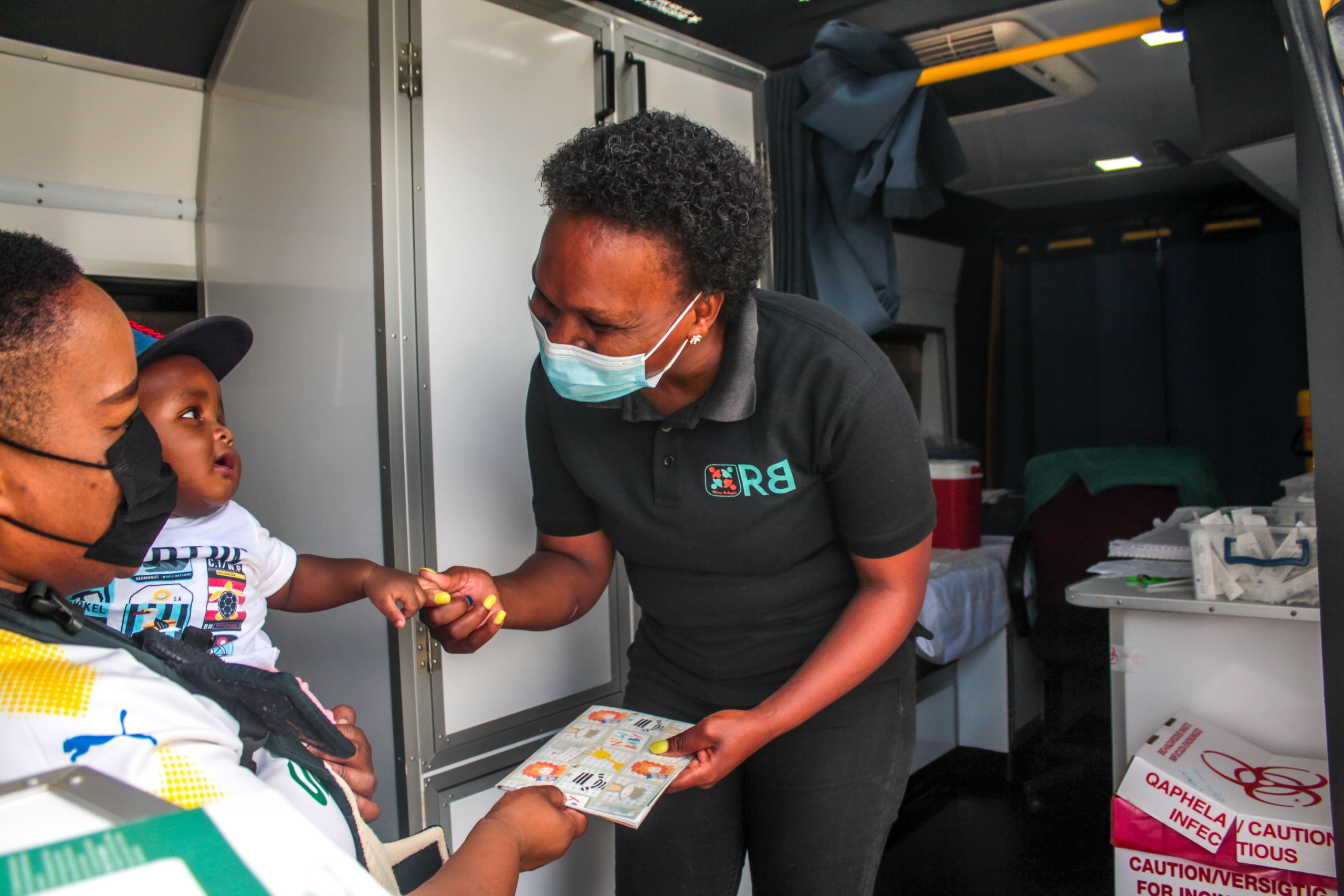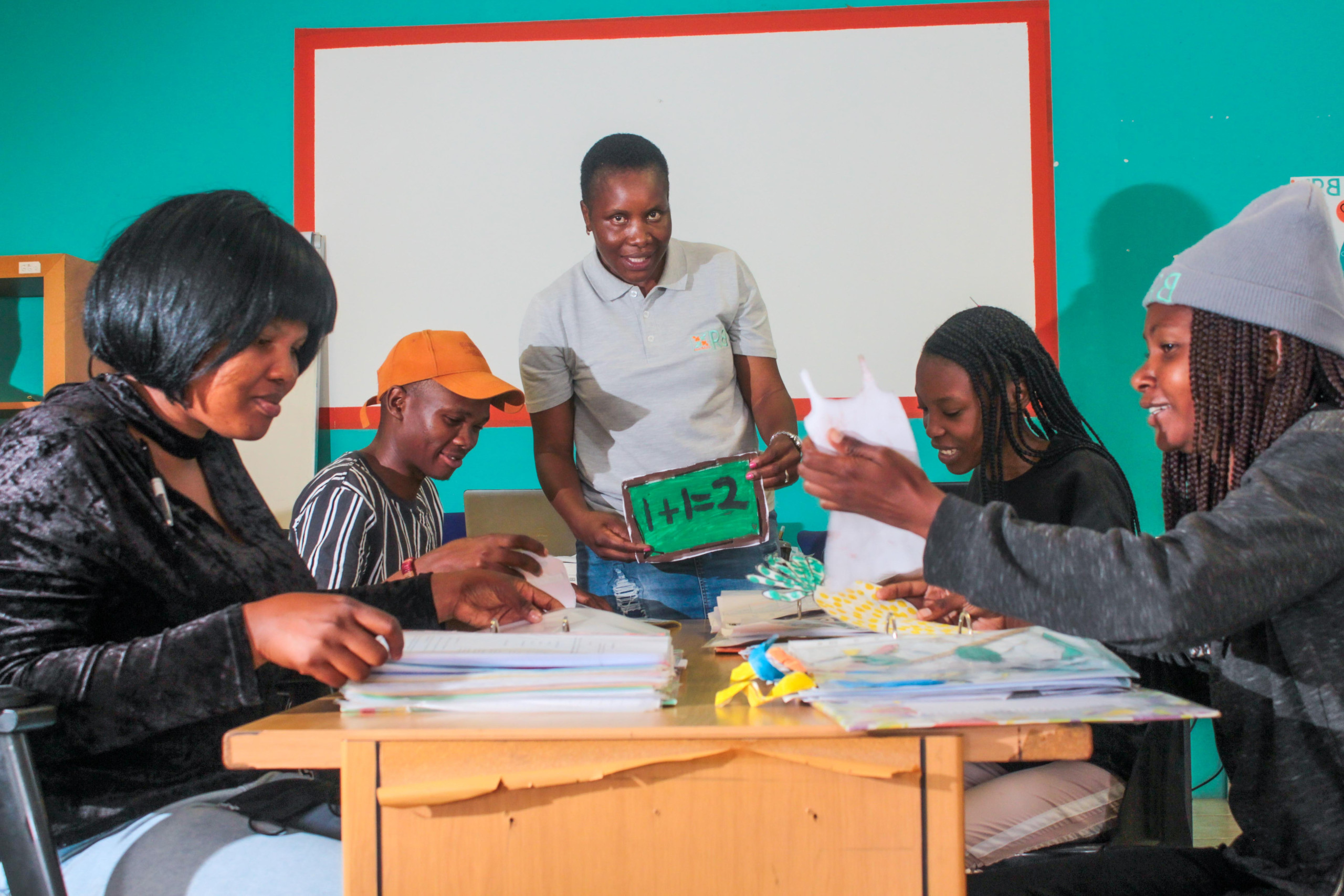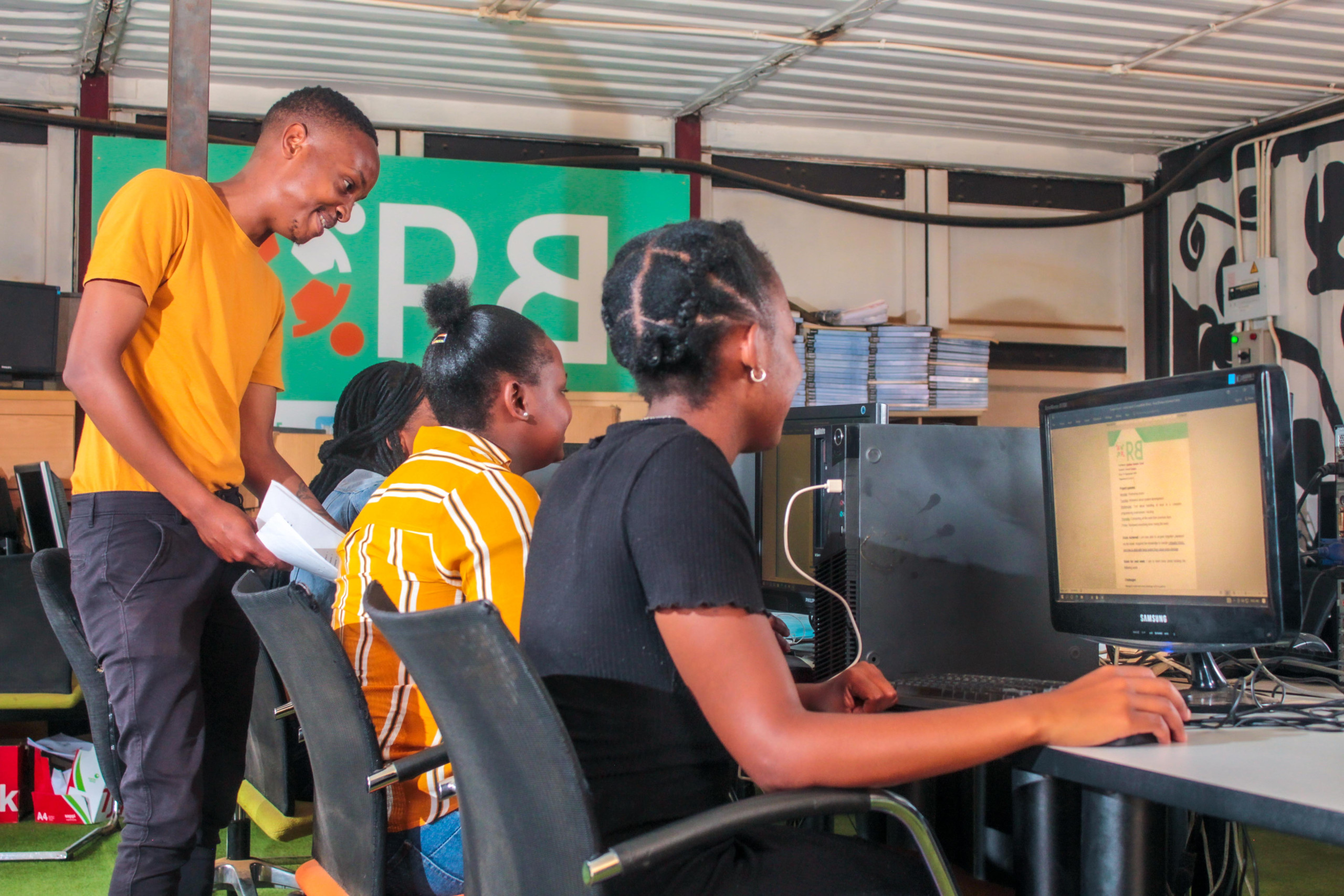Rhiza Babuyile is a South African not-for-profit organisation that was established 12 years ago with just two employees. Today, the organization has 190 staff with 60 of these being permanent employees.
Rhiza Babuyile’s core focus is in the townships (a local term generally used to describe an underdeveloped, low-income, densely populated residential area) and rural communities in South Africa.
It is within these communities that Rhiza Babuyile is making a valuable difference to the alleviation of unemployment and poverty by promoting self-sustainability through entrepreneurship, and skills development. For a number of years, South Africa has struggled to actively address the stubbornly high unemployment rate which, at 32.9%, is among the highest in the world.
DevelopmentAid caught up with Rhiza Babuyile CEO, Rodney Makube, to better understand the multi-dimensional operating model of this non-profit, the impact it is having on underserved informal communities in South Africa, its ability to work from within and create employment in South African townships.
DevelopmentAid: Please provide a brief overview of yourself (upbringing, career) and your journey to becoming the CEO of Rhiza Babuyile (RB).
Makube: I completed a Bachelor of Social Sciences in Social Work at the University of Free State and did an MBA dissertation on total quality management. I then proceeded to attend various training courses in leadership, project management and financial management.
Before coming to RB, I worked in various sectors, from social services to health, education, construction and engineering on an 18-year-long journey.
I joined RB during the Covid-19 pandemic, in December of 2020 as the Chief Operating Officer and have since taken on the Chief Executive Officer role.
DevelopmentAid: How did RB start?
Makube: Rhiza is a Greek word meaning “roots” while babuyile is a Zulu word meaning “they have come back”. By upskilling entrepreneurs and young people, we assist them to contribute to the economic growth and dynamism within their communities.
RB was founded in 2005 and reinvented in 2011, with the purpose of providing holistic community development services in relation to healthcare, education of early childhood development practitioners, skills development, entrepreneurship and agriculture.
Our goal is to ensure that the communities we serve are empowered and self-sustainable both economically and socio-economically.

In order to do this, we have developed our own developmental model called the Rhiza Cycle. Through this model, we have proven that there is a way to make a sustainable impact in historically disadvantaged communities.
RB’s success over the past 12 years is partly due to the strong partnerships we have forged with a range of different public and private organizations that have helped us to grow our impact while we maintain, or improve, the quality of our services.
DevelopmentAid: What is the RB operating model in terms of employees, funding, and volunteers?
Makube: Our operating model is one where we step in and survey the entire community. We appreciate the potential, talents and assets within local communities, and are ever mindful of the interrelated nature of social and economic challenges. As such, our programs are multi-dimensional, addressing healthcare, skills development, enterprise development, and education.

We believe in the cyclical nature of community development, where results are planted back into the community for everyone’s benefit. Our investment to develop entrepreneurs and young people produces highly competent, passionate and driven social actors. These individuals then reinvest their resources – finances, time and talents – to build their communities on firmer economic and social pillars.
DevelopmentAid: Please provide an overview of the more impactful projects that RB is currently running.
Makube: Health, early childhood development (ECD) and agriculture are the most impactful projects we are running. We impact 150,000 people every year with healthcare services through our clinics. We also make a difference through our 300 ECD centers annually and contribute to food security by training 160 people.
DevelopmentAid: There are a number of non-profit organizations in South Africa, many of which focus on historically disadvantaged people and areas like the townships and rural communities. However, very few have achieved the longevity and sustainability that RB has had over more than a decade. What do you believe lies at the heart of RB’s success?
Makube: I believe that a key aspect of our success lies in having a clear implementation model that can demonstrate impact in resolving unemployment in South African townships. This goes hand-in-hand with ensuring that we have a talented team to implement the projects.

DevelopmentAid: How do you identify the beneficiaries of these projects?
Makube: We recruit by township, from within the community, in other words. This is done through skills-based and personality assessments as well as one-on-one interviews.
DevelopmentAid: How many beneficiaries in total are there under all RB projects?
Makube: From 2016 we solidified our presence in Diepsloot and Orange Farm in Johannesburg, Gauteng; Thabong in Welkom in the Free State and Fisantekraal in Cape Town, Western Cape.
We have 150,560 beneficiaries per annum across all our programs. These include
- 146 entrepreneurs with incubation and acceleration programs
- 153 female agripreneurs
- 223 unemployed youth in our skills development program
- 1 township secondary school with Robotic/ STEM/IT classes, with 9 underway for the next 5 years
- 320 practitioners and principals through our ECD Training Academy
- 23,000+ patients receiving quality healthcare through a self-sustainable model developed for low-income communities.
In terms of enterprise supplier development (ESD), our current small and medium enterprises (SME) footprint is:
- Incubation programmes: 106
- Using business hubs: 250
- Access funding: 27
- Earnings (monthly average): R20,000
- Supported in past years: 1,600
DevelopmentAid: What are some of the lessons learnt over the years?
Makube: Through our numerous programs and projects, we have learnt that it is better to implement a small pilot before scaling any program.
An important factor for any project we undertake is that we entrench ourselves in the community we are working with. This creates meaningful relationships and ensures we remain relevant. However, it is extremely important to be versatile and agile with changing times.
DevelopmentAid: What is the biggest lesson you have learnt on a personal level, when it comes to sustainability of implementing programs/projects in township and rural communities in South Africa?
Makube: Test every model correctly and keep a close eye on expenses and community needs.
DevelopmentAid: Civil society and the development sector are fairly active components of South African society. Why do you think this is the case?
Makube: I believe it is because society itself is relegating responsibility to the government.
DevelopmentAid: How do you see civil society evolving over the next five years?
Makube: South Africans will begin to take more leadership of communities through innovation and prepare the future of the country.

